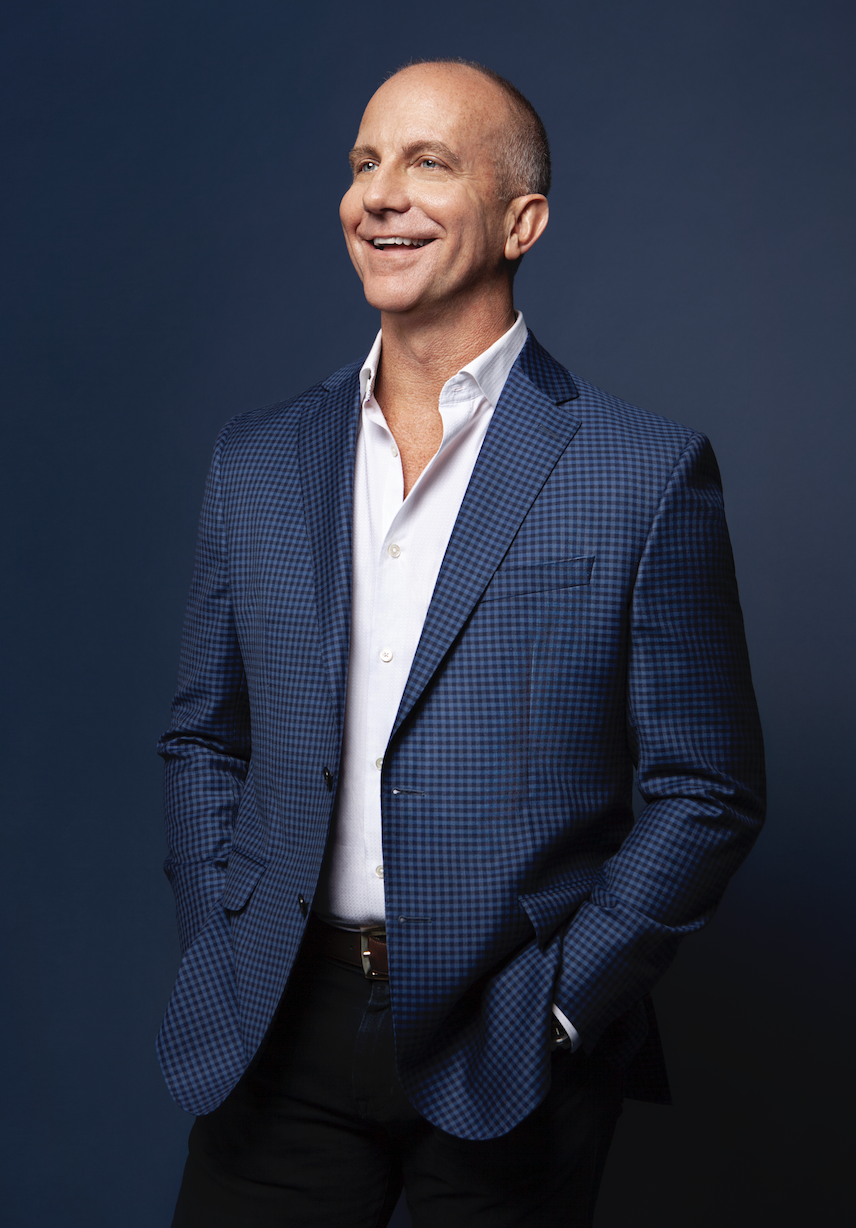A Look Inside Dr. Kevin Gilliland's Work
Having worked for a little over three decades now, I've had a chance to work with some amazing men and women in our field all over the country. All that to say, there are a lot of areas I know a little bit about and there are some areas that I have really broadened my experience and knowledge. If you're thinking about working with me, those are the areas I'll talk about a little bit so hopefully it'll help you make a better decision. Because that's the most important thing. The short list of those topics would include substance use abuse and addiction (yes, they are very different areas), excess worry and anxiety, navigating divorce, and complex psychiatric and substance use diagnosis and treatment recommendations.
Before I discuss each of those areas, it may be helpful for you to know that overall, I have always described my approach to working with individuals as being very practical and goal focused. While I agree that we all have aspects to our personality and lives that relate to our past, when we are seeking help from someone, there is almost always some immediate discomfort and pain with which we want relief. I have spent a considerable amount of my career helping individuals in the midst of a crisis or a difficult life event to make little changes today or at least begin to practice some things that can provide a little bit of relief sooner rather than later. It's why I often talk about how we are trying to solve a problem, granted it's a complex one that involves emotions and relationships, but it's still a problem that we can solve. You can also look at my Instagram (@dr_keving), podcast (Struggle Well, Live Well), or TV interviews (simply google search my name) to get a better feel for how I talk and work with individuals.
With regard to substance use, abuse, and addiction, I've had a chance to work across the country with amazing men and women doing treatment and a little bit of research. Unfortunately, the majority of our field is "Either-Or”, meaning you either have an addiction or everything's fine. That is simply not what decades of good research and treatment tell us about the complexity of how we humans can use, abuse, and become addicted to substances. For that reason, I have done a significant amount of work with people to try to figure out if they've been abusing and can return to normal use or whether they have been abusing and may have developed an addiction and require a different treatment recommendation. In addition to working with individuals with substance issues, I also do a significant amount of work with spouses and parents in regards to helping them navigate a loved one towards treatment or trying to figure out how to live in a way that increases the likelihood of that individual going to treatment.
Another area of significant interest in work would include managing stressful lives, excess worry, anxiety, and obsessive-compulsive traits and features. Perhaps because this area is the most common psychological symptom and disorder that we struggle with, I have seen it over the decades and spent a considerable amount of time helping individuals develop tangible strategies and treatment approaches to make life more manageable. Excess worry and anxiety can rob all of us of things that we know we love beyond a shadow of a doubt. As a field, we have some very good research and treatment to help people make significant changes so that they can enjoy more of life.
Having been involved in conducting psychological and substance use evaluations for the court as well as a handful of law firms, I have developed a broader range of interventions over the past 10 years of working with individuals and navigating the divorce process as well as the emotional and psychological challenges of a marriage ending. With an appreciation for both the complex legal process as well as psychological, there are definitely a number of very practical things that we can do to make the process a little less difficult and a little more manageable. And then the Mets list of going through that process, a little bit of help can make a significant difference.
And finally, for reasons I can't fully explain, I have had numerous positions that require diagnosis and treatment recommendations for complex psychiatric and substance use disorders. Again, I have been fortunate to work with some incredibly gifted physicians and therapists collaborating to more accurately identify symptoms and disorders and make recommendations for individuals and families. For many of these individuals, whether local or across the country, it can be a significant help for individuals and family members to have someone with the ability to think comprehensively, identify appropriate symptoms, and make recommendations that are widely accepted from a research and practice standpoint. There are so many facets that come along with this work, and I am so grateful to be a part of the stories I get to enter into-whether at the beginning or somewhere along the way.
